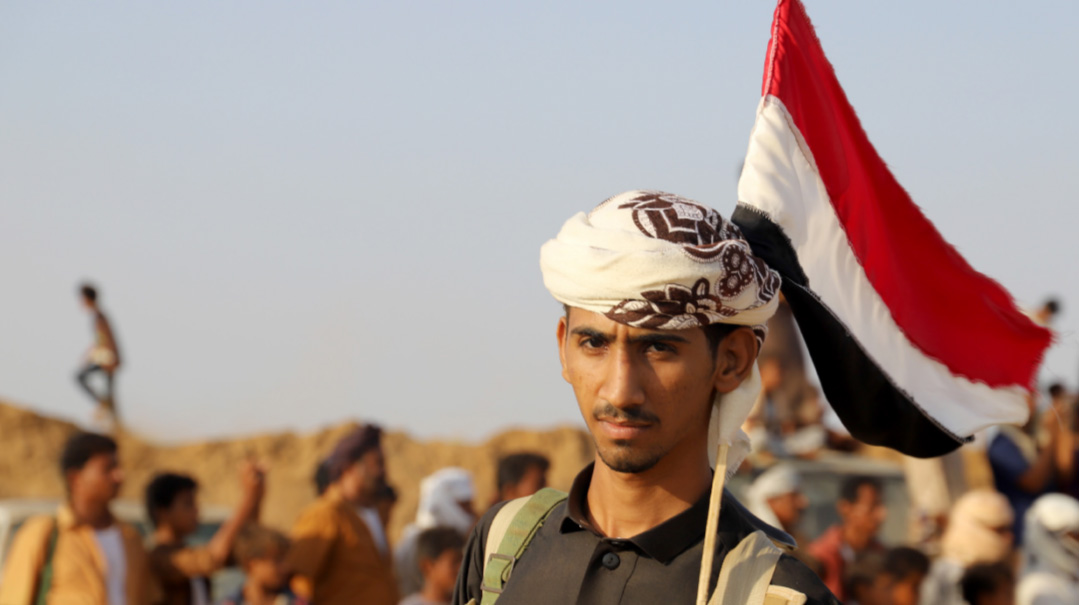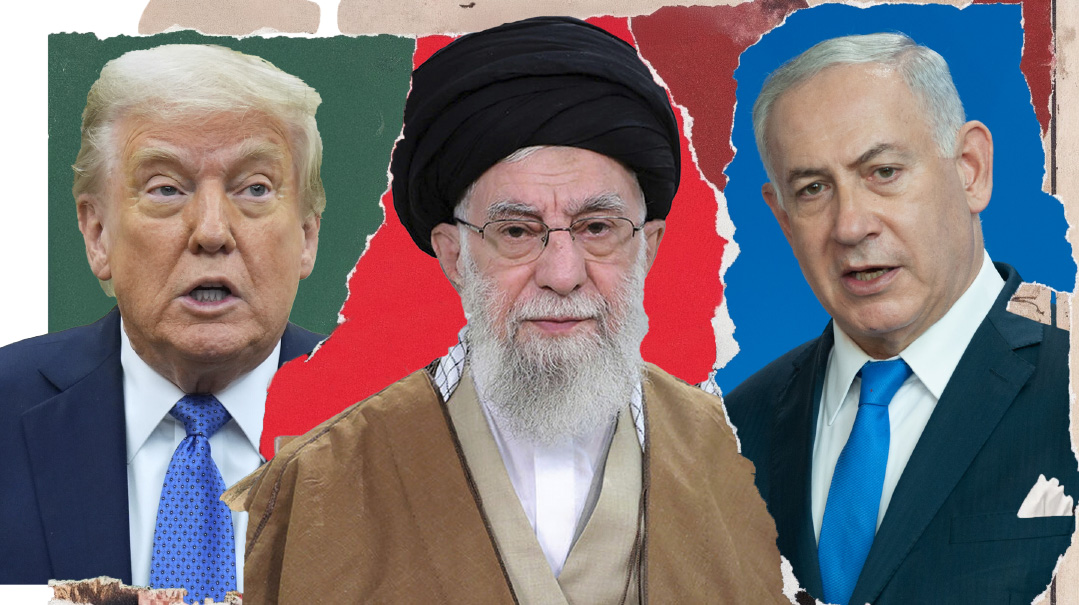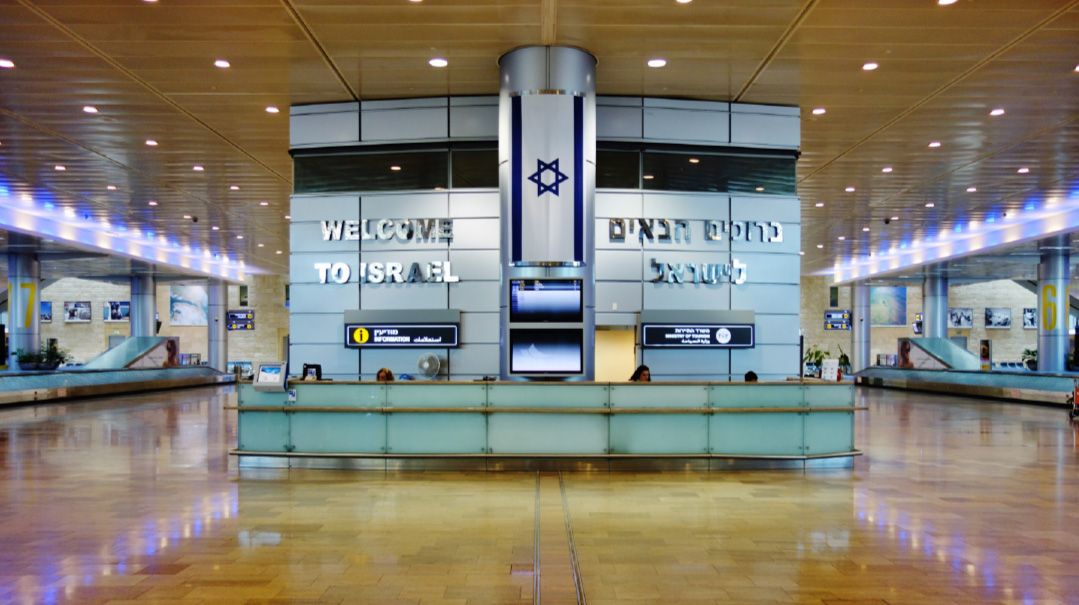The Houthis: Iran’s Last Card

Despite airstrikes by Israel, the United States, and other allies on Yemen, the Houthis remain a harrowing menace

IN Israel’s multifront war on Iranian proxies, its near-total dismantling of Hamas and its pummeling of Hezbollah into seeking a ceasefire have left the Houthis of Yemen as the last terror group able to mount attacks. Despite airstrikes by Israel, the United States, and other allies on Yemen, the Houthis remain a harrowing menace. To better understand the Houthis’ true power and the IDF’s options for neutralizing them, Mishpacha spoke with Ilan Zalayat of the Institute for National Security Studies.
Wild Fanatics
The Houthis are Zaydists, a branch of Shia Islam that believes Muslim actions can accelerate what they view as the final redemption. The Houthis see the 1979 Iranian Revolution as their guiding model, interpreting every Islamic achievement as bringing the end times a step closer. In their view, the events of October 7 represented a divine success for the Muslim world, making participation in the war against Israel a matter of religious and ideological imperative.
Eager Foes
The Houthis control only one-third of Yemen’s territory, but around 70 percent of the population. Their strategy hinges on bolstering their legitimacy in the eyes of their people. They label Israel as their clear enemy — a sentiment shared by many Yemenis. Every Israeli strike on Yemen only solidifies the Houthis’ legitimacy among their supporters.
The Weak Spot?
The port of Hodeidah is the Houthis’ gateway for food, humanitarian aid, and, crucially, weaponry. Anyone wanting to crush Houthi power would need to neutralize this port.
So why hasn’t it been done? Simple: the resulting humanitarian catastrophe would draw an international outcry. Israel, in particular, cannot afford further diplomatic black eyes.
Moreover, the Houthis have repeatedly shown that they are willing to let their population suffer in defense of their cause. During past conflicts with Saudi Arabia, hundreds of thousands of Yemenis starved when food supplies were blocked, yet the Houthis retained their grip on power.
How Quickly Could the IDF Defeat Them?
This is a difficult question to answer. Saudi Arabia has been fighting the Houthis since 2015. Despite overwhelming military superiority, the Saudis have failed to subdue them. Northern Yemen’s mountainous terrain allows the Houthis to hide in caves and tunnels, making them exceedingly difficult to target. Israel lacks precise intelligence on Yemen comparable to that of Gaza or Lebanon. This makes the Houthis a far more complex enemy.
Sullen Sidekicks
Iran views the Houthis as its proxy, but the Houthis don’t see it that way. While the Houthis rely on Iranian funding and weaponry, they wield a surprising degree of independence in decision-making. They view their leader, Abdul Malik Al-Houthi, as Supreme Leader Ayatollah Khamenei’s equal. This nationalist pride sets them apart, but it doesn’t change the reality that Iran calls the shots.
Punching Above Their Weight
Since Israel isn’t fighting the Houthis face-to-face, the size of their force is less of a concern than their ballistic capabilities. In that regard, they are more powerful than Hamas and less so than Hezbollah. Still, underestimating them would be a mistake. They’ve conducted successful missile and drone strikes, launched from over 2,000 kilometers away and occasionally evading Israel’s Iron Dome defense system.
Red Sea Pirates
For nearly a year, the Houthis have been disrupting maritime trade routes. Their control of the Bab el-Mandeb Strait, through which over 17,000 cargo ships pass annually, has reshaped international commerce. Many shipping companies now prefer the costly detour around Africa over the risky passage through the strait. Interestingly, Russian ships seem to be an exception, granted safe passage by the Houthis. With the potential return of Donald Trump to the White House, a more aggressive US policy in the region could alter this dynamic.
“While other Iranian-backed militias remain active in Iraq, the geopolitical reality has proven that Iran’s presumed final card against Israel, Hezbollah, has taken a back seat. Today, it is the Houthis who pose the most significant threat.”
—Ilan Zalayat
(Originally featured in Mishpacha, Issue 1042)
Oops! We could not locate your form.







